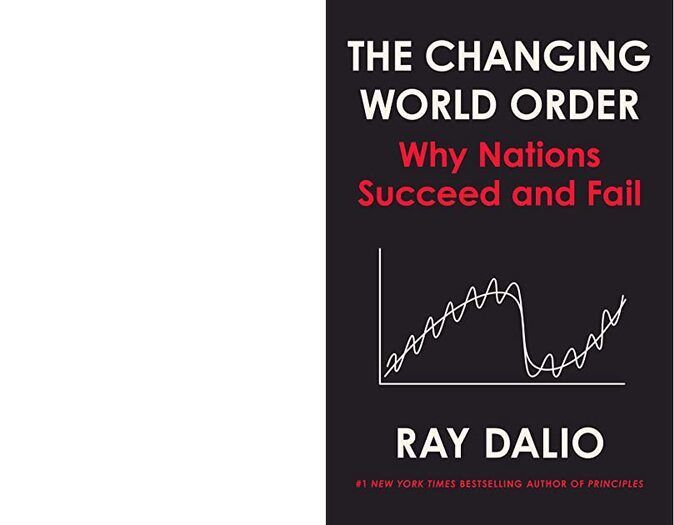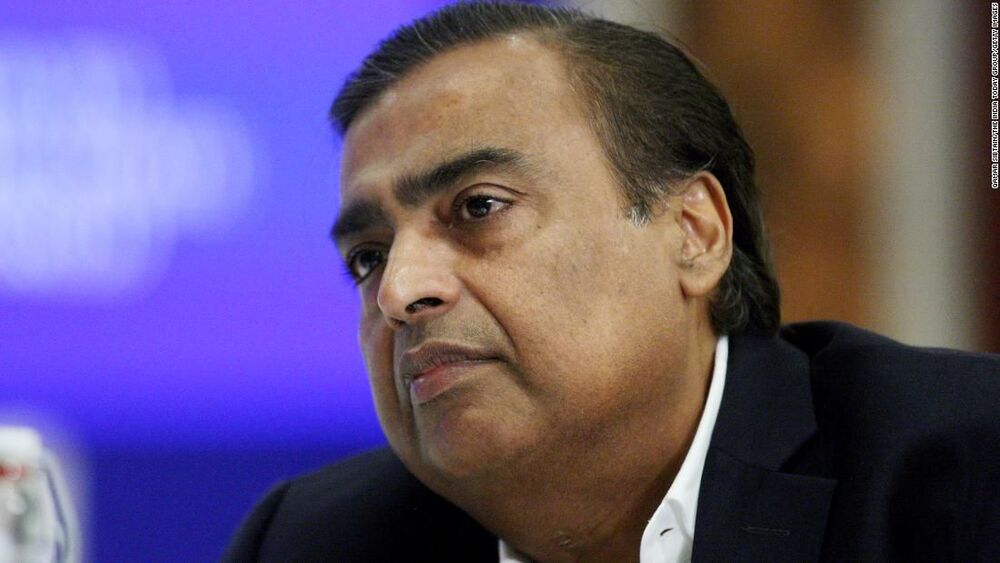The Man Said That His Country Has Been In Existence For 1000 Years And Was A Little Puzzled Why His Country Was Called Andorra On The Map.
It was July 1954 when a smartly dressed man arrives at Haneda Airport in Tokyo, Japan. Much like other passengers, he makes his way to customs. But whatever happened from this point onwards have left all puzzled and concerned. When questioned by the customs officers, the mysterious passenger said he was from Taured, also referred to as Taured Mystery. The mystery man claimed that it was the third time he was visiting Japan from his country. But, to the surprise of officers, they couldn’t find any country named Taured. The primary language of the man, described as Caucasian looking with a beard, was French. However, she was purportedly speaking Japanese and many other languages as well.
Officers were perplexed because they had never heard about any such country. The passport of the man was issued by of course the Taured. The passport looked authentic but the place was not recognized.
Location of Taured.
The man was then given a map and asked to point out his country. He immediately man pointed to the area occupied by the Principality of Andorra is at the border of France and Spain. The man said that his country has been in existence for 1000 years and was a little puzzled why his country was called Andorra on the map. The man argued with the customs officers for long and refused to give in.
What Is The Mystery All About?
He was also carrying currencies of different countries, probably because he had made several business trips. The mystery man shared other details like the company for which he was working and the hotel where he stayed. Officials find out that the company which he mentioned existed in Tokyo but not in Taured. Similarly, the hotel he mentioned did exist but hotel employees informed them that no such booking was made. This prompted officers to take the man in custody for further interrogation. Officers were suspicious that he might be some criminal and confiscated his documents and personal belongings. The officers put the mystery man in a nearby hotel whilst they conducted their investigation.
Mystery Man Vanishes Amid Tight Security.
To ensure that the mystery man didn’t escape, two guards were placed on the door. It must be mentioned that the hotel room in which he was staying only had one entry and exit point. But to everyone’s surprise, the man vanished the next morning. Not only that, but all his personal documents had also disappeared. A search was launched to find the man but in vain. The thing that was troubling investigating officers was that he was put up in a room high up in the multi-storey hotel building with no balcony.
Unexplained Phenomena.








